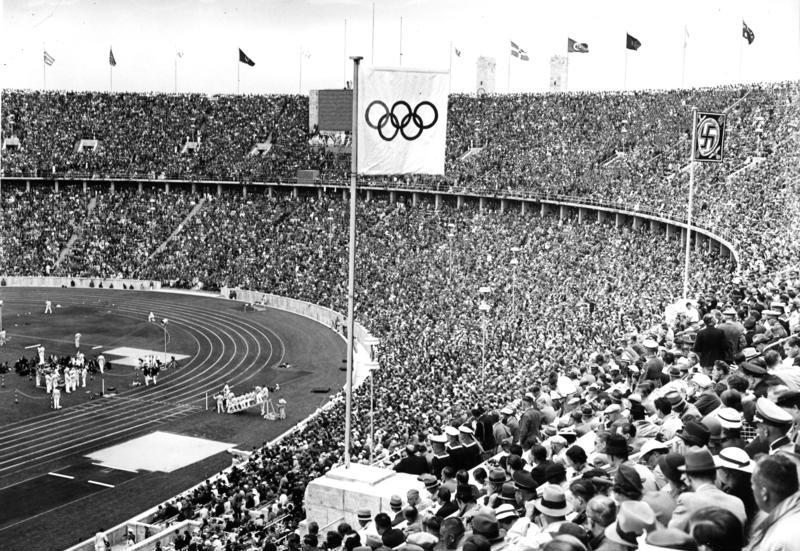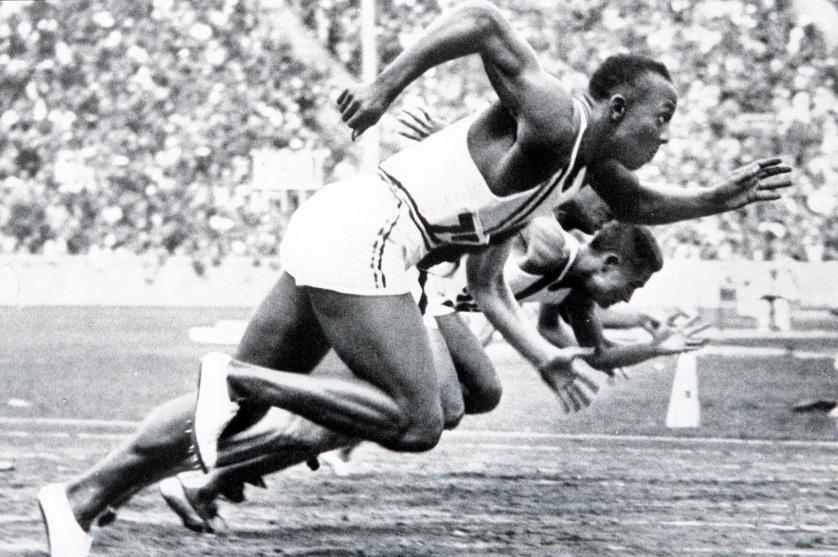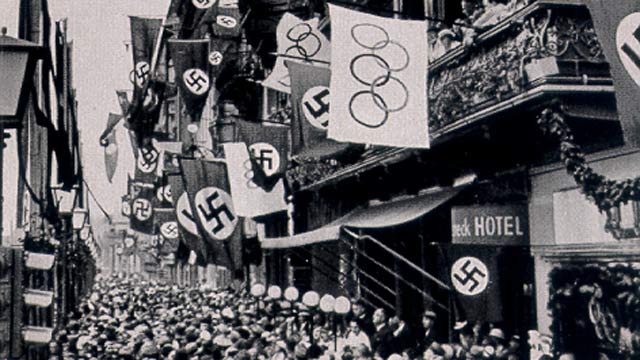The Olympic games are a symbol of working together, putting down the agenda and engaging in a little friendly competition. While we might take the Olympic games as a given today, they haven’t always been viewed in the same light and across history, there are a number of cases that show how different things could have been. In 1936, Nazi Germany was gaining serious traction and, with Berlin due to hold the summer Olympics, all eyes were on the country. Just how much do you know about the games that year? Let these facts give you an insight into how things might have been, and how much they have changed since.

While the games were planned to be held in the German capital, a people’s boycott was underway at the same time. With the intention of snubbing the Berlin games, a number of countries were planning to take matters into their own hands and there was even a proposition of a Spanish counter-ceremony to be held in Barcelona. With civil unrest brewing in Spain, however, an alternative Olympics soon was off the cards and things went ahead undisturbed in Berlin.
Although the city was littered with both Olympic and Nazi signage, the Germans did their best to hide their anti-Semitic sentiments to the rest of the world. While suspicions of anti-Semitic propaganda were rife, Hitler counteracted the rumors by letting a Jewish athlete compete for her native country. People might have been fooled temporarily, but bigger things would eventually give the game away.

There were other athletes who took the attention away from the native team, though, much to the distaste of the German officials. While the Germans dominated practically every other event, American runner Jesse Owens won a whopping four gold medals at the games. The runner, who was African American, went against everything Hitler set out to do in proving an Aryan race was stronger, only furthering the divide between Germany and much of the world.
Just because the games seemed to go off without a hitch, it didn’t mean that there wasn’t a great deal of process present at the time. Fighting for their rights, a number of Jewish athletes from across the world refused to even step foot on German soil, preferring instead to stay at home. With 51 countries in total taking part, a large number of athletes would not acknowledge the games, protesting what was to come later in Nazi Germany.

The 1936 Olympic games were truly one of a kind and one that will likely never be repeated. Representative of a country on the verge of a destructive change, the games were at the breaking point of a huge historical moment, showing the last moments before things would change forever.